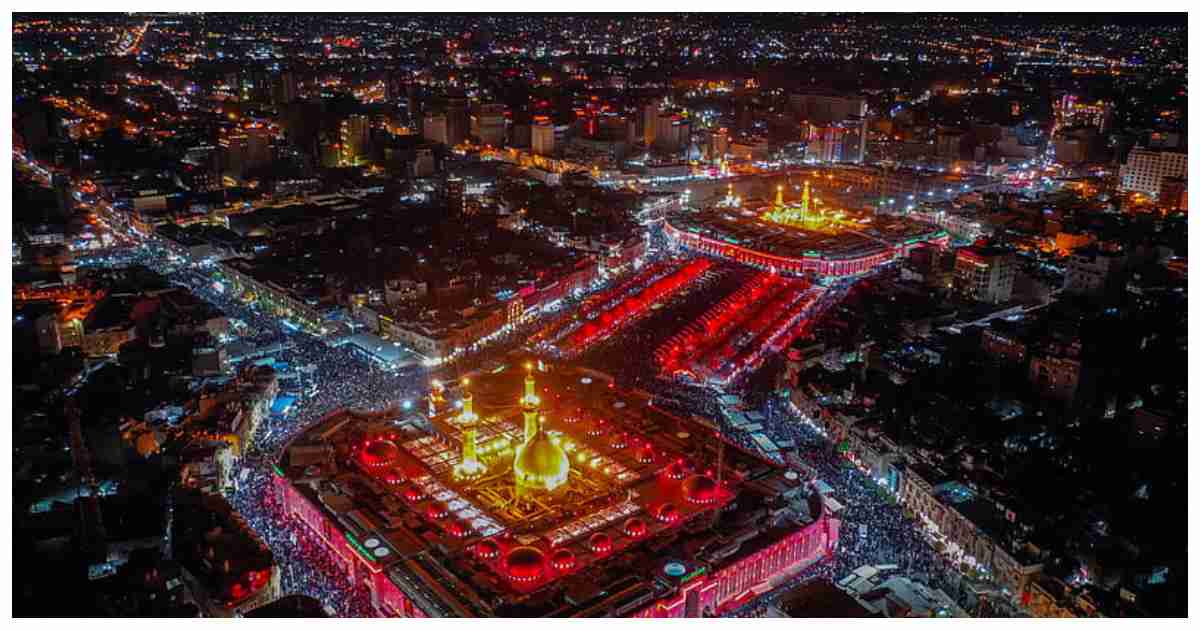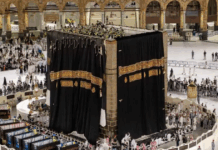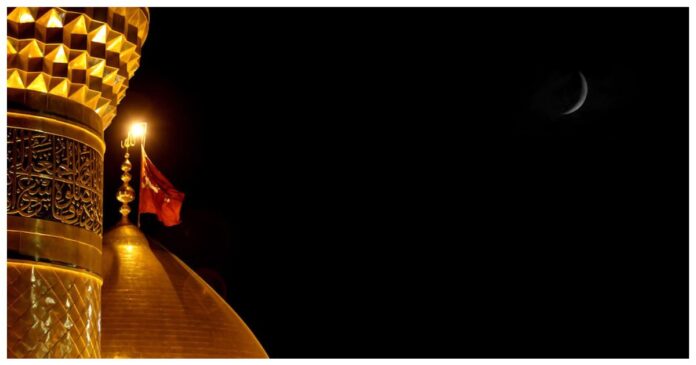Muharram is the first month of the Islamic calendar, but it is much more than just the beginning of a new year. Along with Rajab, Dhul-Qa’dah, and Dhul-Hijjah, it is considered one of the four holy months.
War is forbidden in Muharram. Muslims all over the world, especially in Pakistan, India, Iran, and the Middle East, fast and engage in deep self-reflection. Weddings and celebratory occasions are usually postponed or cancelled in this month, for this is the month to reflect on your inner self, and engage in ibadah.
Furthermore, there are massive social gatherings dominated by sermons and religious teachings. 9th and 10th Muharram carry special significance and also serve as public holidays nationwide.
During these sacred days, all forms of public entertainment are suspended across many communities. For Shia Muslims in particular, the month holds profound religious significance.
They observe it with spiritual intensity, abstaining from music, refraining from wearing bright or festive clothing, and engaging in rituals such as matam (ritualistic chest-beating) to mourn the martyrdom of Imam Hussain (A.S) and his companions.
Acts of charity are also central to the commemoration, with many setting up sabeels (stalls) to distribute free water, juices, and food to passersby as a gesture of remembrance and service.
The Battle of Karbala is at the Heart of Muharram
Much of the processions, traditions, and rituals performed in Muharram revolve around the Battle of Karbala in 680 CE, where Hazrat Imam Hussain bin Ali, grandson of the Holy Prophet Muhammad (PBUH), and his followers were brutally martyred.
Hazrat Imam Hussain and his followers rejected the tyrannical rule of Yazid, preferring peace and refusing to pledge loyalty. In the battlefield of Karbala, two armies, the good, led by Imam Hussain, and the evil, led by Yazid, met in a ferocious battle.
Yazid also cut the water supply for Hazrat Imam Hussain and his followers, and didn’t even allow it to the children. But he, Hussain, stood steadfast in the face of the hardship, for he knew that God was with him.
Despite a valiant effort, Yazid’s army overpowered and outnumbered Hazrat Imam Hussain and his followers. 72 innocent lives were lost, including innocent children, like Hussain’s infant son Ali Al-Asghar, and women. The massacre occurred on the tenth of Muharram (Ashura).
Ashura, thus, became a day of worldwide mourning for Muslims. It is a universal and perpetual reminder of the sacrifices Hazrat Imam Hussain and his loyal followers made for Islam.
Shia Muslims set up water stalls as a symbolic gesture to remind followers of the severe thirst Imam Hussain and his followers endured for days after Yazid’s army had cut off the water supply.

Remembrance and Self-Reflection for all Muslims
While Muharram is conventionally associated with Shi’a Muslims, all sects of Islam should consider it an important month for remembrance and self-reflection.
Hazrat Imam Hussain’s army stood in opposition to a powerful and tyrannical rule. Despite being outmatched and outnumbered, they still brought the fight. This was a brave act of perseverance that all Muslims should emulate.
Karbala is a reminder that tyranny should always be opposed, and one must always choose principle and faith.
Stay tuned to Brandsynario for the latest news and updates.






































